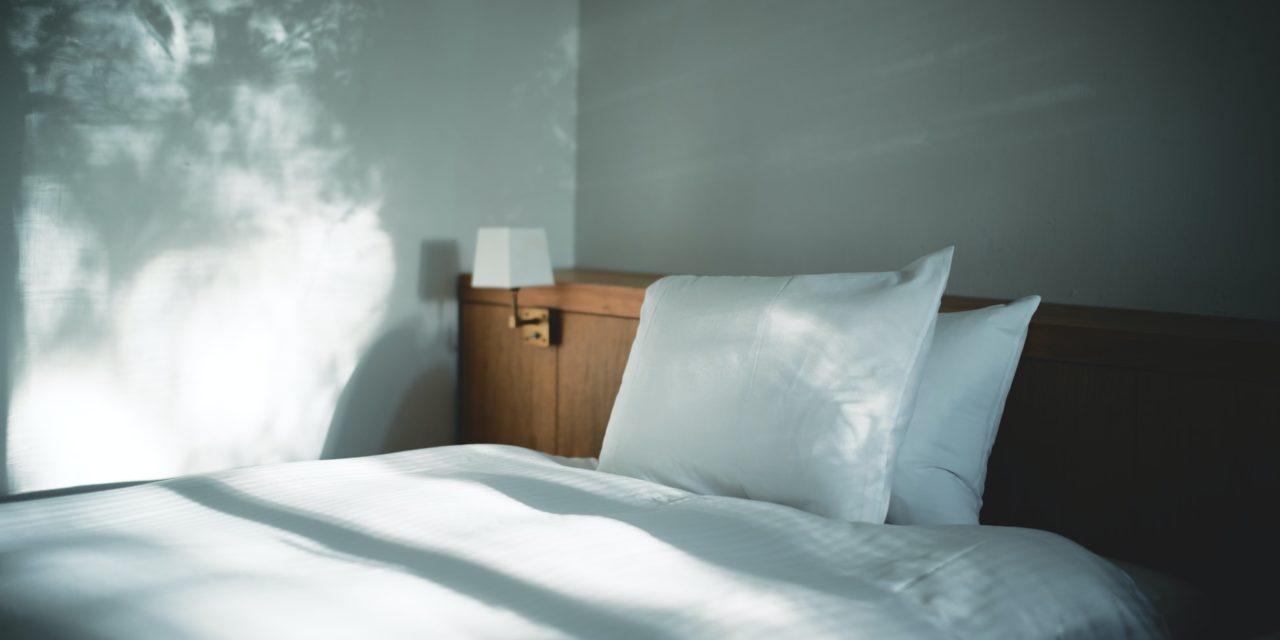[ad_1]
Many consider cotton sheets to be the gold standard when it comes to bedding. Today you will find 100% bamboo sheets are becoming almost as popular as cotton. Bamboo is a soft and luxurious material which can rival many cotton sheets. Along with this comfort, there have been a number of studies conducted in various countries showing that bamboo has antibacterial and antimicrobial properties which can prove beneficial, especially those with allergies or sensitive skin.
Bamboo sheets are believed to have antibacterial characteristics as well as anti-fungal properties. Bamboo fiber is naturally mildew and mold resistant, a quality many believe is carried forward when the bamboo fiber is woven into luxurious linens. Bamboo contains a natural agent called “bamboo kun” which prevents bacteria and fungus from growing on it.
The Federal Trade Commission has prohibited manufacturers and sellers of bamboo products from making claims of antimicrobial or antibacterial properties of bamboo products. They do concede that bamboo is antimicrobial in its original state. However, there are a number of studies that have been done in multiple countries that have scientific results showing that bamboo cloth does possess these properties.
Many studies have demonstrated bamboo to be hypoallergenic. It does not irritate the skin and cause rashes as other fabrics may. So if you're a person with sensitive skin and has gotten a rash or had an allergic reaction to your bedding, 100% bamboo sheets might just be what you are looking for. In 2003, the China Industrial Testing Center (CTITC) completed a quantitative antibacterial test on a piece of 100% bamboo fabric. They placed a bacterial strain type staphylococcus aurous on the fabric. After a twenty-four hour period, the live bacteria were counted. The results showed that the bamboo fabric exhibited a 99.8% antibacterial kill rate.
Another study was conducted by the Japan Textile Inspection Association (JTIA). A quantitative test used 100% bamboo fabric. Pieces of bamboo cloth were washed industrially fifty times. The bamboo pieces were then covered with a strain of live staphylococcus. After a twenty-four hour incubation period, a count on the live bacteria was done. Their results demonstrated that the samples of cloth maintained a more than 70% antibacterial efficiency rate, after being laundered fifty times. A 2009 Utah State University Extension study, the Case Study on Athletes Foot was carried out by Clothing and Textiles Specialist, Karen Biers. Fifty athlete's foot sufferers wore socks made from bamboo. Within one to two days after the test's inception, all test subjects reported that the burning and itching associated with the malady had ceased. And, the blisters and sores from the athlete's foot had cleared up and the skin returned to normal, within two to six days.
It would appear that even though the Federal Trade Commission prohibited antibacterial and anti-fungal claims by bamboo textile manufacturers and distributors regarding their bamboo sheets, there does appear to be some evidence supporting the antibacterial and antimicrobial claims by scientific studies.
[ad_2]
Source by Diane M Fifles


